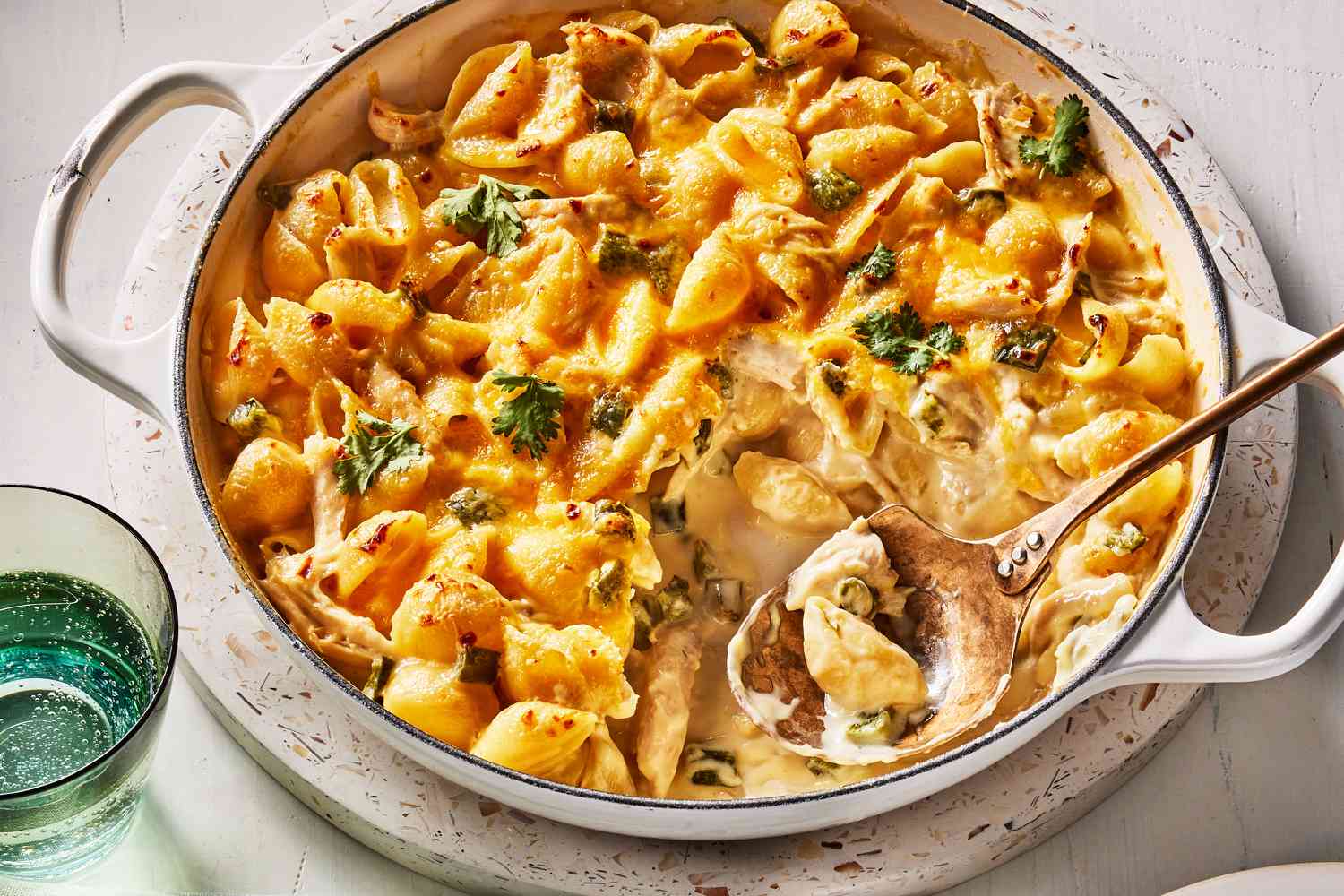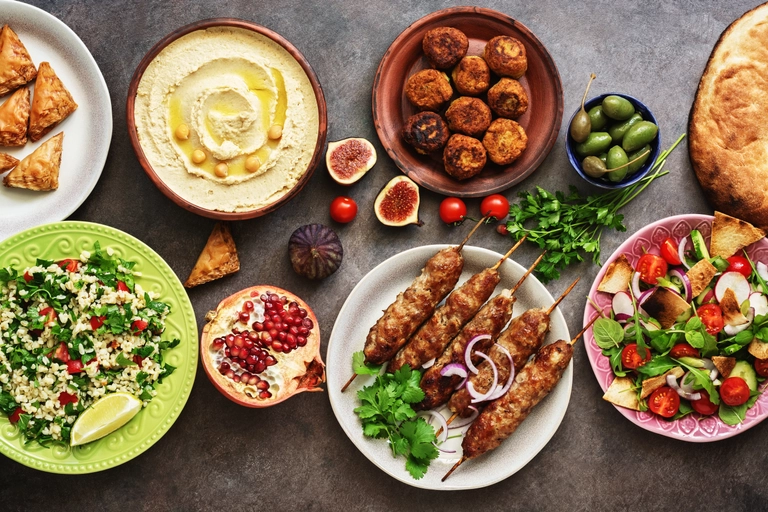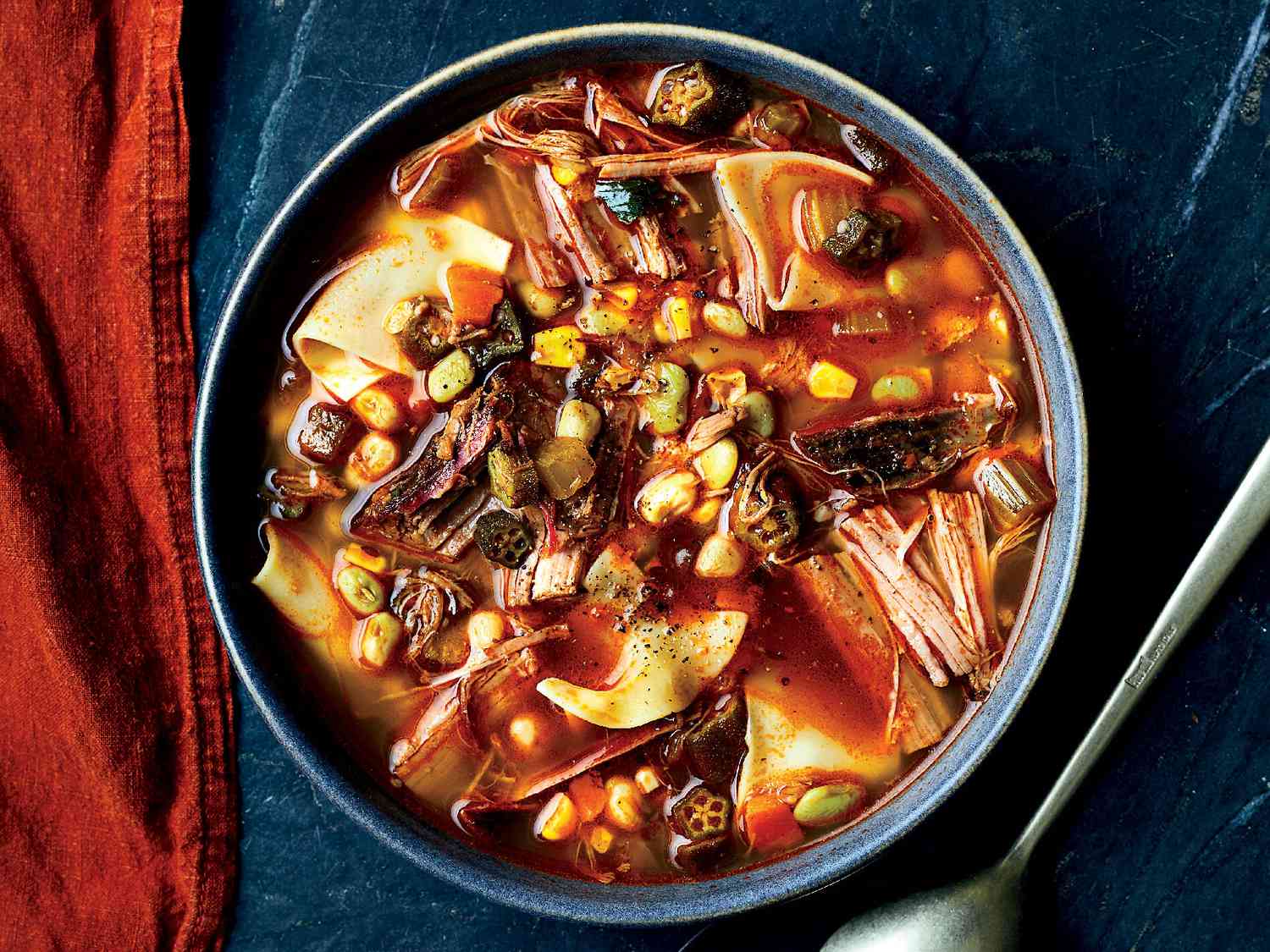In today’s fast-paced world, finding time to cook healthy meals can be a challenge. Ready-to-eat meals, prepared in advance, offer a practical solution to this problem. By planning and preparing your meals ahead of time, you can save time, reduce stress, and ensure you always have nutritious options available. In this article, we’ll explore how to make ready-to-eat meals at home, offering tips and strategies to streamline the process and enhance your culinary efficiency.
Benefits of Ready-to-Eat Meals
1. Time Savings
Preparing meals in advance allows you to spend less time cooking during the week. With pre-cooked meals ready to go, you can quickly reheat and enjoy a healthy dish without the need for daily meal prep.
2. Cost-Effective
Making meals at home is generally more economical than dining out or buying pre-packaged foods. By cooking in bulk, you can take advantage of bulk purchasing and minimize food waste.
3. Healthier Choices
When you prepare meals at home, you have full control over the ingredients and portion sizes. This allows you to create balanced, nutritious meals tailored to your dietary needs and preferences.
4. Reduced Stress
Having a stock of ready-to-eat meals in your fridge or freezer can alleviate the stress of daily meal planning and preparation. It simplifies your routine and ensures you have convenient options available.
Strategies for Preparing Ready-to-Eat Meals
1. Plan Your Meals
Start by planning your weekly meals. Consider your nutritional goals, dietary restrictions, and personal preferences. Create a meal plan that includes a variety of dishes to keep your diet interesting and balanced.
2. Create a Shopping List
Based on your meal plan, make a detailed shopping list. Include all the ingredients you’ll need for the week. This helps ensure you have everything on hand and reduces the likelihood of making multiple trips to the grocery store.
3. Cook in Bulk
Prepare large batches of staple ingredients such as grains, proteins, and vegetables. For example, cook a big pot of quinoa or brown rice, roast a tray of mixed vegetables, and grill or bake a batch of chicken breasts. Store these components in the fridge or freezer for easy access.
4. Use Storage Containers
Invest in high-quality, airtight storage containers to keep your meals fresh. Use different sizes for portioning out individual servings and ensure containers are microwave and dishwasher safe for convenience.
5. Label and Date
Clearly label and date each container with its contents and the date it was prepared. This helps you keep track of what’s available and ensures you use older items first to avoid waste.
Ready-to-Eat Meal Ideas
1. Grain Bowls
Ingredients:
- Cooked quinoa or brown rice
- Roasted vegetables (e.g., sweet potatoes, bell peppers, broccoli)
- Protein (e.g., grilled chicken, chickpeas, tofu)
- Fresh greens (e.g., spinach, kale)
- Dressing (e.g., tahini, vinaigrette)
Instructions:
- Layer cooked grains at the bottom of your container.
- Add roasted vegetables and protein on top.
- Place fresh greens on the side.
- Pack the dressing separately to add before eating.
2. Pasta Salad
Ingredients:
- Cooked pasta (e.g., whole wheat or gluten-free)
- Cherry tomatoes, halved
- Cucumbers, diced
- Olives, sliced
- Feta cheese, crumbled
- Italian dressing or vinaigrette
Instructions:
- Combine cooked pasta with vegetables and olives.
- Toss with dressing and top with feta cheese.
- Store in airtight containers for easy grab-and-go meals.
3. Soup and Stew
Ingredients:
- Base of your favorite soup or stew recipe
- Vegetables (e.g., carrots, potatoes, beans)
- Protein (e.g., beef, chicken, lentils)
Instructions:
- Prepare your soup or stew according to the recipe.
- Allow to cool before portioning into containers.
- Reheat as needed for a quick, comforting meal.
4. Wraps and Sandwiches
Ingredients:
- Whole grain tortillas or bread
- Lean meats or plant-based proteins
- Fresh vegetables (e.g., lettuce, tomatoes, cucumbers)
- Spreads (e.g., hummus, avocado)
Instructions:
- Layer your protein, vegetables, and spreads on the tortilla or bread.
- Roll up or assemble sandwiches, then wrap tightly in foil or plastic wrap.
- Store in the fridge for easy lunches or snacks.
5. Overnight Oats
Ingredients:
- Rolled oats
- Milk or plant-based milk
- Yogurt
- Fresh fruit or berries
- Honey or maple syrup
Instructions:
- Combine oats, milk, and yogurt in a jar or container.
- Stir in fruit and sweetener.
- Refrigerate overnight and grab in the morning for a quick breakfast.
Tips for Success
1. Invest in a Slow Cooker or Instant Pot
These appliances can help you prepare large batches of meals with minimal effort. Simply add your ingredients, set the timer, and let the appliance do the work.
2. Keep It Simple
Focus on easy-to-make recipes that require minimal prep and cooking time. Complex recipes can be time-consuming and may not be practical for weekly meal prep.
3. Freeze for Later
If you have extra portions, freeze them for future use. Soups, stews, and casseroles freeze well and can be a lifesaver on busy days.
4. Rotate Recipes
To avoid monotony, rotate between different recipes and meal ideas. This keeps your diet varied and prevents meal fatigue.
5. Stay Organized
Keep your kitchen organized with a designated area for meal prep and storage. This helps streamline the process and makes cooking and cleaning up more efficient.
Conclusion
Making ready-to-eat meals at home is a fantastic way to save time, reduce stress, and enjoy healthier, cost-effective options. By planning ahead, cooking in bulk, and using smart storage solutions, you can simplify your meal preparation and ensure you always have delicious, nutritious meals on hand. Embrace these strategies and enjoy the convenience of home-cooked meals, even on your busiest days.


